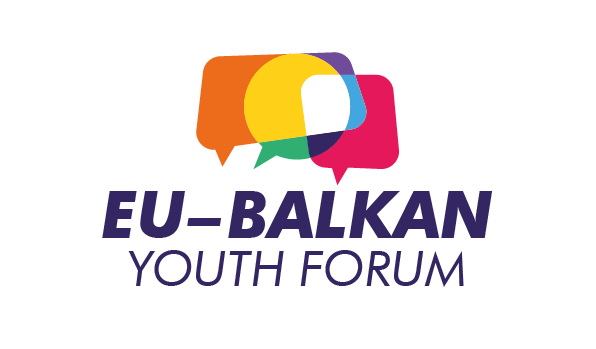Introduction – The multifaceted nature of the reconciliation process
In Western Balkan societies there is still a huge need to deal with the reconciliation process. The last 25 years have shown the lack of a real engagement of high-level politicians and governments in supporting and promoting the multi-lateral reconciliation process. That’s why, for example, educational systems in many Western Balkan countries have been shaped by mono-national narratives based on the concept of victim vs. antagonist. This long-standing practice has created an unfavorable environment for critical dialogue and discussion of shared or differing perspectives in historical narratives that include the conflicts in the Balkan nations. Due to the lack of a common framework for the constructive discussion on the consequences of the conflict, conflicting and antagonistic narratives often hinder public dialogue limiting the individual and collective capacity to advance the reconciliation process. Without this framework and in an atmosphere of undefined capacity and capability of both states and CSOs to tackle the reconciliation process, the result is often a lack of ownership, involvement, and commitment of all actors in the reconciliation of post-conflict societies. Another problematic consequence is that WB youth has grown up in mono-national environments or in environments affected by prejudice against “the others”.
Recommendations / Proposal / Solutions / Ideas
The real will, commitment and dedication of funds from governments to work on reconciliation. The political level must be involved in reconciliation processes.
Support and promote “Stop blaming the others” approach on sensitive issues and create the conditions for apologising for the war crimes. The new generations should have the possibility to say: “not in my name” without being considered “traitors” of their national group, and they must have the possibility to feel sorry about what the “others” have suffered during the wars of the nineties.
Re-build confidence and trust. Often the long-term traumatic consequences – individual and collective – are forgotten. It is not easy to rebuild trust and confidence. It could be interesting to find a way to give public space to the “history of the others”: it does not mean that you must modify your group’s narrative, but listening to the “history of the others” validates the other narrative. And this could be the first step towards a public dialogue on sensitive questions concerning the wars of the nineties.
Officially recognise youth as a socio-political actor and concretely involve young people in decisions concerning their future, because they carry the weight of a past in which they have not had a role and are rarely involved in concrete decision-making processes concerning their future.
Empower youth participation in the peace process and empower the education of future young leaders on reconciliation process and values.
Establish comprehensive Balkan studies programs in all levels of higher education. Here, the academic capacity of Balkan researchers and academics in partnership with their European peers will be channelled towards analysis of concepts and aspects of conflicts and situations in post-conflict societies in the Balkans. The results of the above should be utilized towards creating programs, policies and recommendations for curricula of all levels of education to national governments that are based on the framework of Human Rights and efforts towards reconciliation. This can be achieved by an independent in-government commission which will be tasked with the creation of these policies and recommendations.
To have a crucial role in the reconciliation process, to build trust connections and be a factor of positive change on the path towards reconciliation, young citizens from the WB6 need the opportunity to share their experiences, thoughts, and perspectives with other young citizens from the EU. Dedicated exchange programs should be developed for them to expand this European dialogue about reconciliation and dealing with the past, including, but not limited to study visits and memory work. It is important to make young people aware of the key role they play in society.
Plan quality activities to raise awareness on the past and create a new positive narrative for the common future. Maybe it is time to change the paradigm and switch from all the “diversity discourse”, “diversity sensibilization” because we have understood that diversity is a value, and start to invest energies on empowering what we have in common: diversity is a value, and it’s the “natural state” of the things, so it’s time to empower the common socio-cultural values).
Conclusions:
As a conclusion for this presentation, we would like to thank our mentors for their guidance; Andrea, Ivana and Alessia. We could not have done this without the hard work of our group 2 members: Asya, Matija, Maria, Selina, Daria-Lora, Thomas, Nikola, Marius, Piotr, Gemma, Aleksandra, Bleona, Nicole, Beatrice, Petar and Miodrag. Last, and certainly, not least, we would like to thank the Italian Ministry of Foreign Affairs. Thank you.




